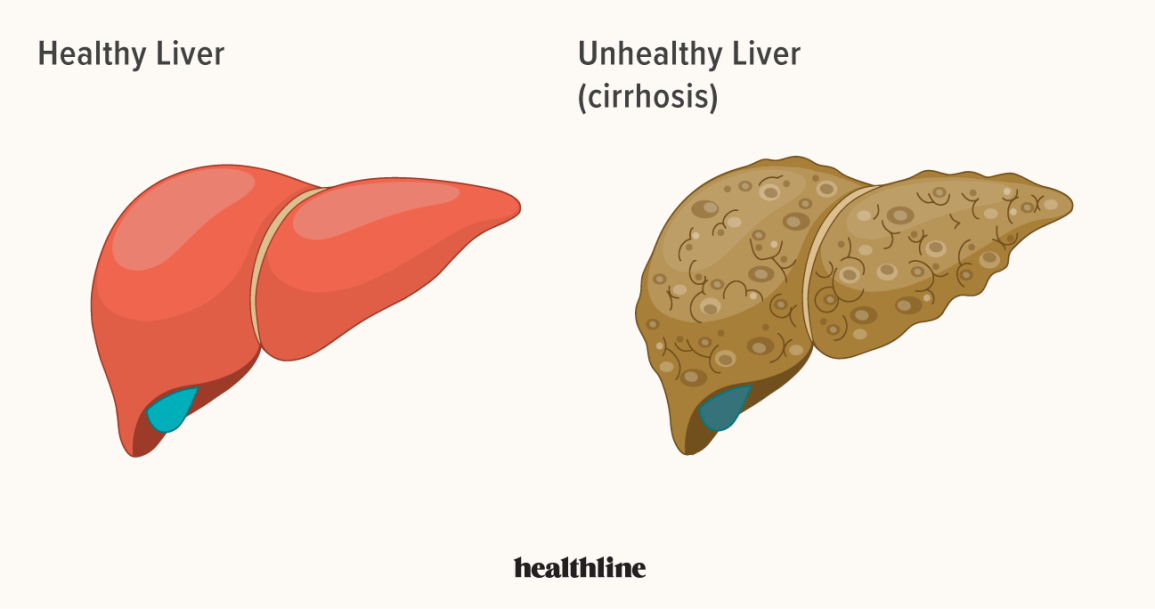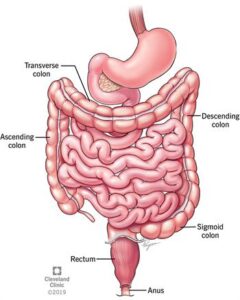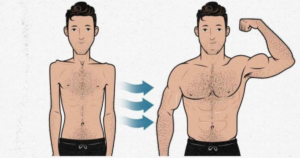The liver is a vital organ in the body responsible for performing numerous functions, including filtering toxins and waste products from the blood, producing bile to aid in digestion, storing glucose, and synthesizing proteins. However, liver problems can occur when the liver is unable to perform its functions properly, leading to a range of health complications.
There are several types of liver problems, including fatty liver disease, hepatitis, cirrhosis, and liver cancer. Each of these conditions can have serious implications for a person’s health, and early detection and treatment are crucial to prevent further damage to the liver.
Fatty liver disease occurs when there is an excess buildup of fat in the liver. This condition is often associated with obesity, high cholesterol, and diabetes. Fatty liver disease can progress to nonalcoholic steatohepatitis (NASH), a more severe form of the condition that causes inflammation and damage to the liver.
Hepatitis is an inflammation of the liver that can be caused by a viral infection, exposure to toxins or drugs, or an autoimmune disorder. Hepatitis can be acute, which means it is a short-term illness that can resolve on its own, or chronic, which means it is a long-term condition that can cause permanent liver damage.
Cirrhosis is a condition in which the liver becomes scarred and damaged, leading to a loss of liver function. Cirrhosis can be caused by hepatitis, alcoholism, or other chronic liver diseases. Symptoms of cirrhosis include fatigue, jaundice, swelling in the legs and abdomen, and confusion.
Liver cancer is a type of cancer that originates in the liver. The most common type of liver cancer is hepatocellular carcinoma, which occurs when cells in the liver begin to grow uncontrollably. Liver cancer can be caused by chronic liver disease, exposure to toxins, or genetic factors.
Treatment for liver problems depends on the underlying cause and the extent of damage to the liver. Lifestyle changes, such as losing weight and avoiding alcohol and drugs, can help improve liver function and prevent further damage. In some cases, medication may be prescribed to treat liver disease, while more advanced cases may require surgery or a liver transplant.
Preventing liver problems is important for maintaining overall health. This can be achieved by maintaining a healthy weight, avoiding excessive alcohol consumption.





